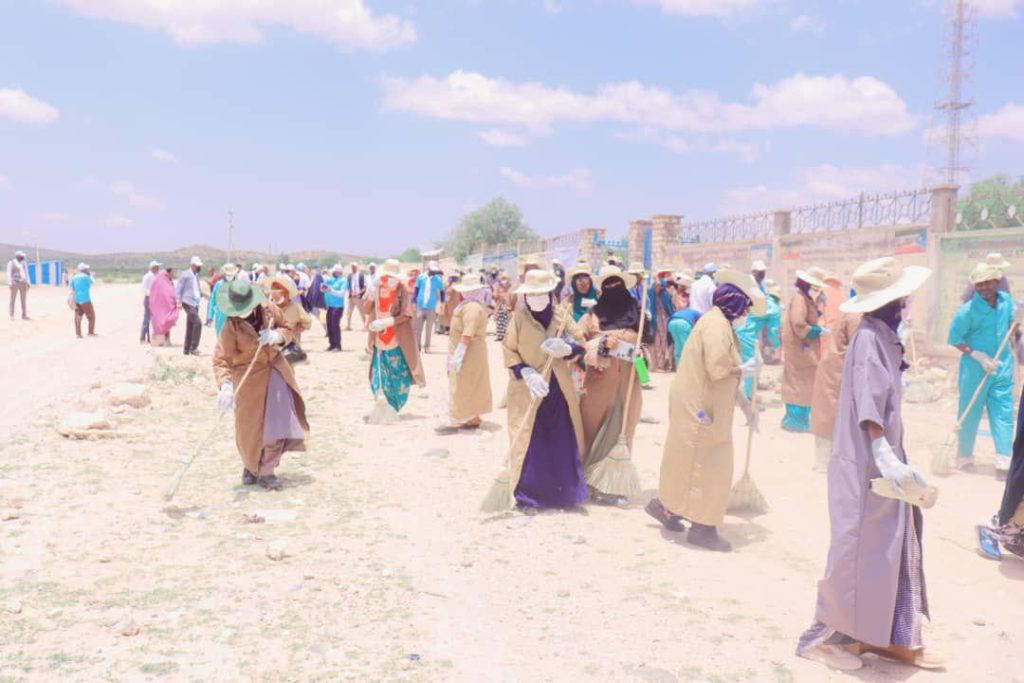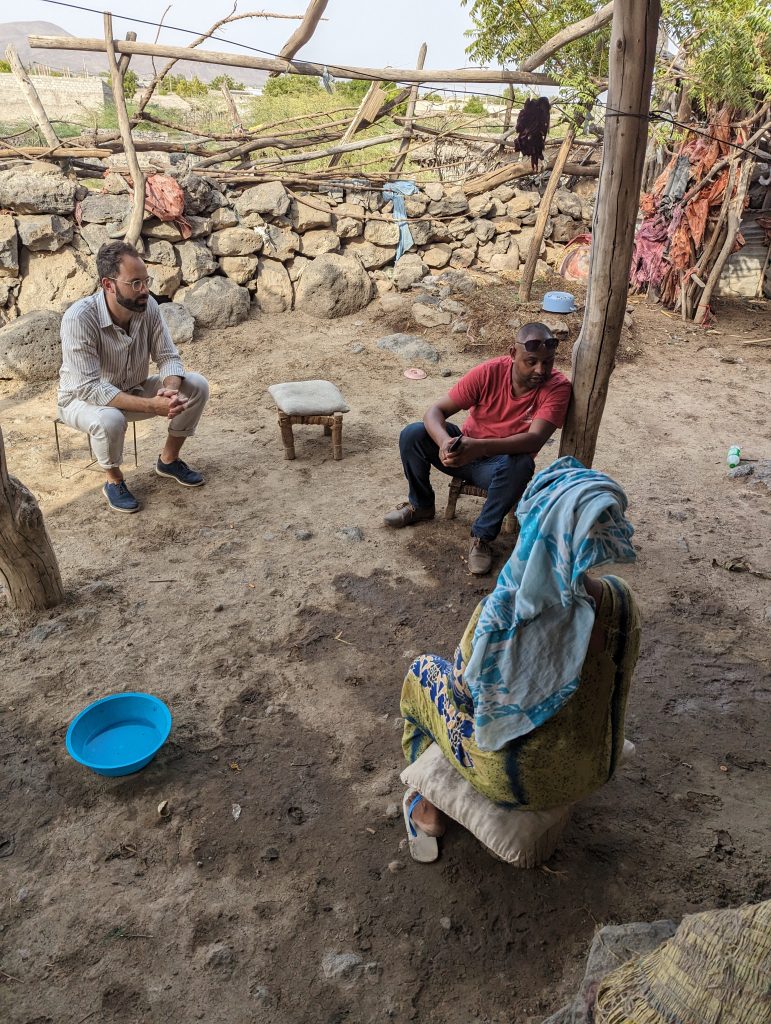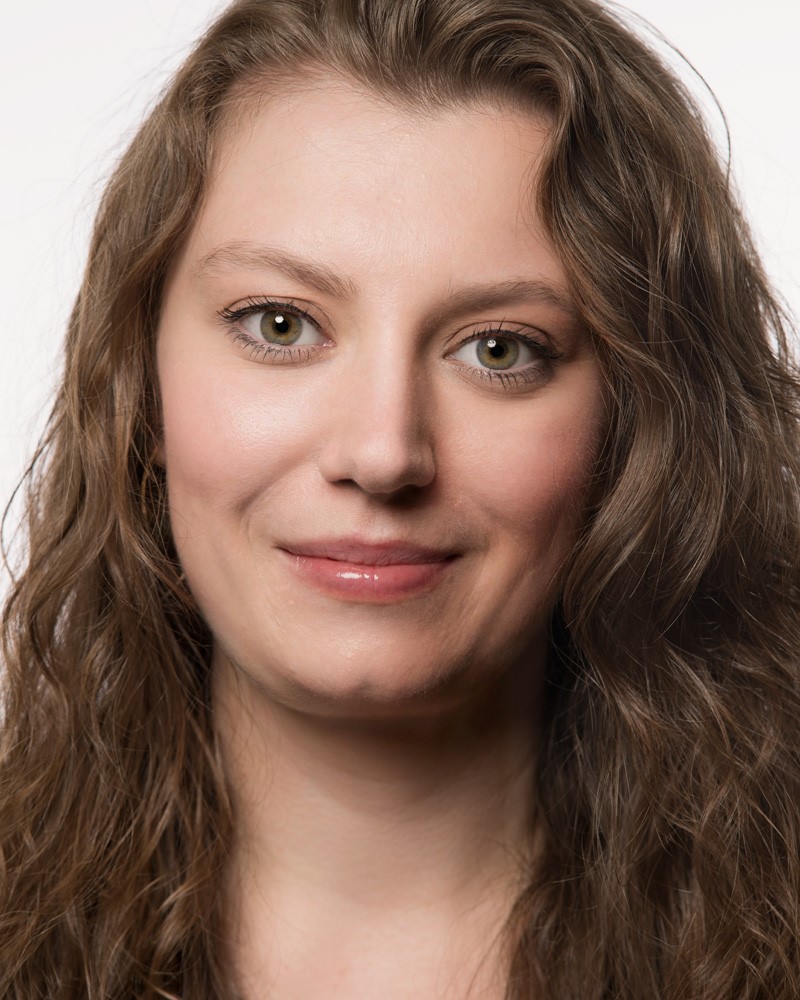Fellow in Economics Dr Dennis Egger travelled to Ethiopia in the Long Vacation as part of a project to assess the effectiveness of a new programme to support the long-term integration of refugees into their host nations by overcoming poverty. We asked him to tell us more about his role and research.
Can you tell us about your time in Ethiopia and how it relates to your research?
The trip was related to a very exciting project that I started just as I joined Queen’s last year. My research is on social networks and how they help refugees and migrants find work. I have worked on social protection and the impact of cash transfers in Kenya and how they affect not only the recipients but their neighbours and the local economy as well. When I first started at Queen’s, I presented a paper on these findings and Girum Abebe, now one of my co-writers, came up to me afterwards to discuss a new programme in Ethiopia.
Ethiopia has a lot of refugees. They come from all around: Sudan, South Sudan, Somalia, and Eritrea. Many of them live in refugee camps and have been in those camps for 15 years or more. The camp I visited had 15,000 people living in it and last year just 140 people in the camp found places elsewhere as asylum seekers. So, these camps are for the long-term; there’s no real prospect of people going back to their homelands or moving on, although many of them want to. The global community is trying to move away from this camp-based approach and adopt a more integrative approach where refugees live in the local communities, attend the same schools, and participate in the same social programmes. That’s really hard to do. There’s push back from local communities, questions about the source of funding. I think Ethiopia is one of the first sub-Saharan countries to try this integrative approach with regard to social protection.
The programme is called Refugee and Host Integration Through the Social Safety Net (RHISN) and in Ethiopia the social safety net is primarily public works based. Recipients get social assistance payments in return for working on public projects such as building roads, cleaning up the environment, digging irrigation canals, and building water points (see image below). They get paid relatively well for this. This programme is different because it targets both the local community and those living in the refugee camps, 50:50. Some of the working groups will be mixed from both constituencies and some won’t be. After one year of work, there’s a ‘livelihoods path’ and programme participants will receive business skills training and coaching so that they can write their own business plans. If they write a plan, they will receive a 600USD grant to start their business.
How will you be involved in the programme?
My involvement is to measure if it works. The Ethiopian Government and the World Bank, who is funding parts of the programme, approached me to ask if I can help them evaluate its success and also see what we can learn about refugee and host integration more generally. Together we have designed a large, randomised trial to study this question. The idea is that to get an answer you need, like you would in a medical trial, to have a control group. It’s become an increasingly popular approach in my field. In 2019, the Nobel Prize was given to Michael Crammer, Esther Duflo and Abhijit V. Banerjee for introducing this randomised control trial technique into economics and the social sciences more generally.
How does this look in practice? We ask, ‘are the people who participate in this programme better off?’ by comparing them with those who don’t. It’s tricky because obviously you want everyone to participate but there’s not enough funding for this. Households who meet the minimum threshold for poverty are invited to apply and then the programme is oversubscribed so we have a random lottery for places. We use the same random approach to assign people to their groups, e.g. a mixed group or a group comprised of only host country participants or only refugees. These means it’s a really good way to compare because the groups are observationally the same: it’s random whether you got into the programme and it’s random which group you end up in.
Before we launched the programme, we designed and carried out a baseline survey of 12,000 households to see how people are doing. The survey was carried out door-to-door by local people and was in progress when I was visiting. It’s really important to be there and make sure people feel both that the process is fair and that they have ownership of the programme from the outset. We will then carry out surveys during and after to see what, if anything, changes.
What is it like to explore large scale data and patterns while also speaking to individuals affected by migration and hearing their personal experiences?
There’s a negative caricature view of economists that we don’t do enough qualitative work and just rely on quantitative data to form opinions. This perception that we miss the context is being addressed with a move to incorporate qualitative methods from other fields, such as anthropology. I would hesitate to write a paper about a place I had not visited or do not have a good personal understanding of.
Your work has taken you to very different parts of the world (from China to Ethiopia and Switzerland, where you grew up). Do some common human behaviours prevail over geographical differences?
I have to believe there is something generalisable about what we observe or it’s very hard to develop a theory and apply what we learn. However, it’s arrogant to assume there’s an overarching worldview for all. I like the analogy that a good model is like a good map. It provides a simplified representation of a complex reality and allows us to illustrate a way of thinking or an insight that helps us predict what might happen next. In economics, we tend to think that a basic common thread is that people respond to incentives. However, I never go blindly into a new context assuming things will be a certain way. It’s exciting discovering new things and questioning all my assumptions as I go.
Can you recommend a book?
Poor Economics: A Radical Rethinking of the Way to Fight Global Poverty by Abhijit V. Banerjee and Esther Duflo, both honoured with the 2019 Nobel Prize in Economics for their work fighting poverty. It’s an accessible and compelling read about those who live on less than 99 cents a day. Their latest book Good Economics for Hard Times is also worth a read with each chapter tackling a big question of global relevance.




